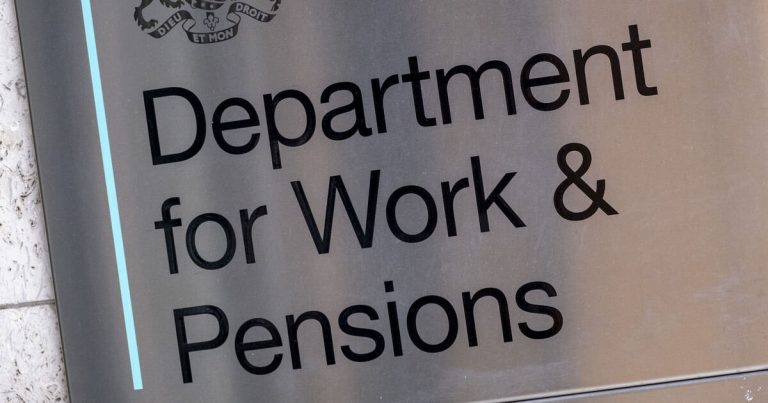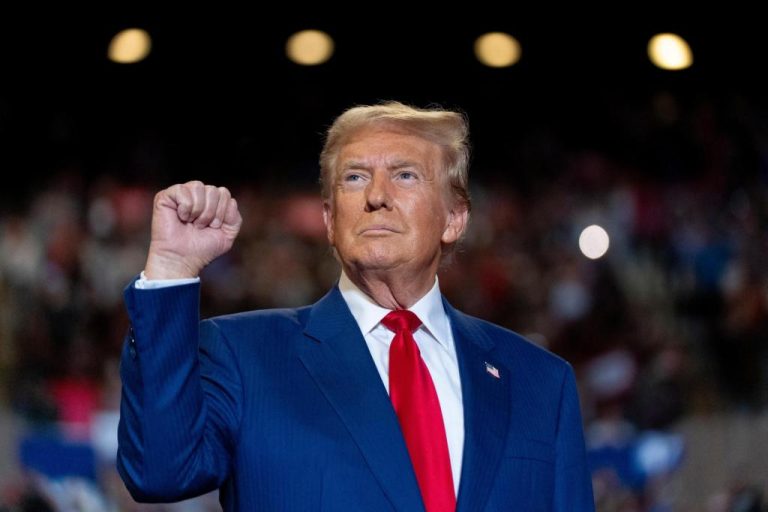
An analysis of political giving shows that Democrats are receiving a large share of the industry’s donations.
Posted November 8, 2023 at 5:57 pm EST.
Crypto’s struggle to win over Democrats in Washington, DC has become a defining challenge in the U.S. Capitol.
That trend holds especially true now that Sam Bankman-Fried, who just a year ago seemed to have the Midas touch with progressives in DC, has been convicted for defrauding customers.
Congressional Democrats who’d engaged with Bankman-Fried’s lobbying juggernaut before his arrest in January, stepped back from crypto. And then Biden administration regulators stepped in to clamp down on the industry.
But the industry is now giving heavily to Democrats, especially to the few still showing public support, an Unchained analysis of federal campaign data has found. Donations to the Left have dwarfed even those received by the longest-term crypto industry advocates, Sen. Cynthia Lummis (R-Wyo.) and Rep. Tom Emmer (R-Minn.), respectively.
Unchained’s study identified major doors from or tightly affiliated with the crypto industry in 2023. Donations are likely to escalate as the 2024 election nears so support for candidates from the two main parties are likely to change.
Torres leading
Leading the Democratic pack is Ritchie Torres. The Congressman from the Bronx has garnered a total of $258,400 in campaign donations from crypto industry players identified by Unchained, including executives from Coinbase, Uniswap Labs, Solana Labs, Ripple, a16z, Digital Currency Group, Union Square Ventures and the Blockchain Association.
Those donations are split between Torres’ campaign, an associated SuperPAC and “La Bamba PAC,” a leadership PAC that he controls.
Torres is a rare vocal crypto industry advocate who also maintains progressive credentials. Many progressives are fond of neither Big Tech/Silicon Valley nor Wall Street.
Other major winners from the left are Senators Kirsten Gillibrand (D-N.Y.), Sherrod Brown (D-Ohio) and Cory Booker (D-N.J.), and Rep. Ro Khanna (D-Calif.).
Gillibrand pulled a total of $204,850 from crypto industry sources into her campaign as well as her “Off the Sidelines” leadership PAC. Like Torres, she hails from New York. Unchained identified another $46,700 in donations from crypto industry associates to the New York Majority Fund, which has been pumping money into Gillibrand’s PACs and the New York State Democratic Committee.
During her term in the House, Gillibrand was a political moderate, but since her Senate election, she has become one of the chamber’s most consistently liberal voters. She is a heavy favorite to win her next election in 2024. For the crypto industry, she is notable for co-sponsoring the “Responsible Financial Innovation Act,” along with Cynthia Lummis, a massive and comprehensive crypto bill the pair re-introduced in July.
Unchained reached out to Torres and Gillibrand for comment.
Lummis has received significantly less in crypto-originated donations, but she is also not facing another election until 2026. The highest earner among Congressional Republicans was Patrick McHenry, the head of the House Financial Services Committee and briefly speaker pro tempore, who received $157,000 in donations to his campaign and his “Innovation PAC,” putting him behind Torres and Gillibrand by Unchained’s calculations .
Gillibrand’s total figure includes $7,800 to the Gillibrand Brown Victory Fund, a new leadership PAC that she and Sherrod Brown launched this April and which is sending money into both of their respective campaigns. It has received funding from Hayden Adams and Marvin Ammori of Uniswap Labs, Julie Stitzel and Mark Murphy of Digital Currency Group, and Greg Xenthalis of Multicoin Capital.
Brown’s donors
Brown is distinctly not industry-friendly, but he presides over the Senate Banking Committee – currently the biggest hold-up for any of the crypto industry’s favored legislation. If counting the donations to the Gillibrand Brown Victory Fund, Brown pulled $37,050 from crypto donors, including Uniswap Labs’ Marvin Ammori and Salman Banaei, Digital Currency Group’s Mark Murphy and Julie Stitzel, Ripple’s Chris Larsen and Greg Xenthalis from Multicoin Capital.
A stalwart of Ohio politics for decades, Brown faces an unusually tight election next year in a state that Trump won comfortably in 2016 and 2020, while Brown’s most recent re-election was in 2018.
In the House of Representatives, Ro Khanna maintains a progressive reputation like Torres’, but does not sit on the Financial Services Committee. He has however signed on to various crypto-friendly provisions like the “Keep Innovation in America Act” and last Congress’ “Digital Commodity Exchange Act.”
Khanna’s pre-political career was primarily as an attorney for Silicon Valley tech firms.







